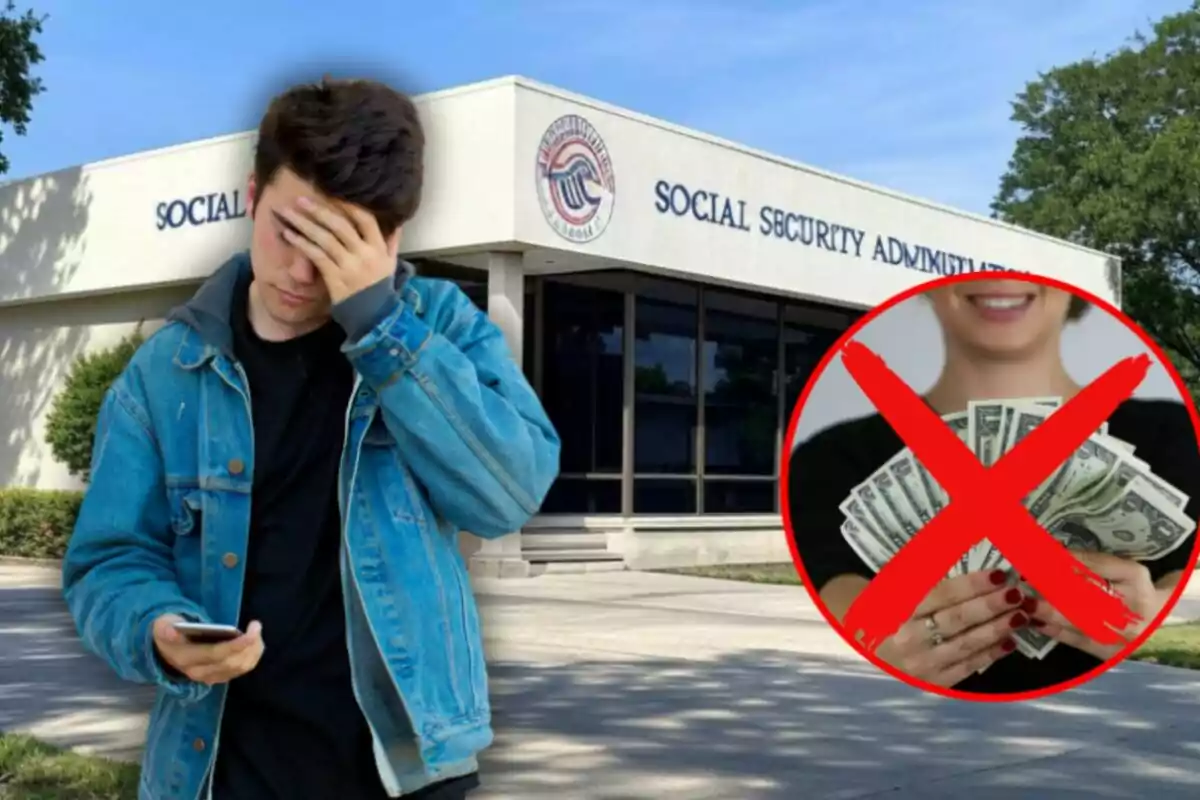
Urgent alert from U.S. Social Security: If you don't comply with this, be prepared
Be very careful if you have outstanding accounts with Social Security: Follow SSA's instructions so you don't get into trouble
United States Social Security has issued a strict warning to thousands of Americans. This is a measure that could affect your wallet, and we recommend that you follow this advice from the SSA.
This mechanism allows the employer to withhold up to 15% of your disposable earnings in each pay period. Disposable earnings are what remains after mandatory deductions such as taxes and health insurance.
The Amount That Could Be Garnished: This Is How Social Security Can Act Against You
By law, you have the right to keep a minimum equivalent to 30 times the federal minimum wage per week, which ensures you a vital minimum. If you already have other garnishments, such as for child support, the total will not exceed 25% of your disposable earnings.

The SSA uses this legal avenue in cases of non-tax debts such as reimbursements for overpayments or improper benefits. Thanks to the Debt Collection Improvement Act of 1996, AWG plans allow collection without having to go to court. No court order is needed since an administrative garnishment can be applied directly.
The withholding from your earnings will be up to 15% of your disposable earnings in each pay period. Although it may sound high, the law protects your right to keep an essential minimum. The legal cap for accumulated garnishments is 25% if you already have other active garnishments.
Before starting the garnishment, SSA will send you a notice 60 days in advance. That notice will include clear information about: the debt, your rights (to set up a payment plan, request a hearing, or renegotiate), and details of the AWG. If you don't respond, they will send your employer a garnishment order.
What Can You Do to Avoid Losing Part of Your Earnings?
Check your mailbox; if that 60-day letter arrives, don't ignore it. Set up a payment plan: You can contact the SSA by phone or at a local office to arrange payments and avoid garnishment.

Request a hearing or exemption: If you can show that the garnishment would cause severe financial hardship, you could obtain a reduction or suspension. Verify if the debt is correct: If you believe you are owed or there was a mistake, you have the right to request a review or correction.
If you pay the total or reach an agreement, SSA will stop withholding immediately. This type of Social Security order is automatic once signed. Not paying or acting leaves you exposed to ongoing withholdings of 15% of your net earnings each pay period.
In addition, your employer is required to comply and may be legally responsible if they don't withhold correctly. If that happens, SSA can sue them.
More posts: